Afghan Women and girls are facing alarming rollback on their rights under Taliban: UN Official
Thu 25 Aug 2022, 11:27:53
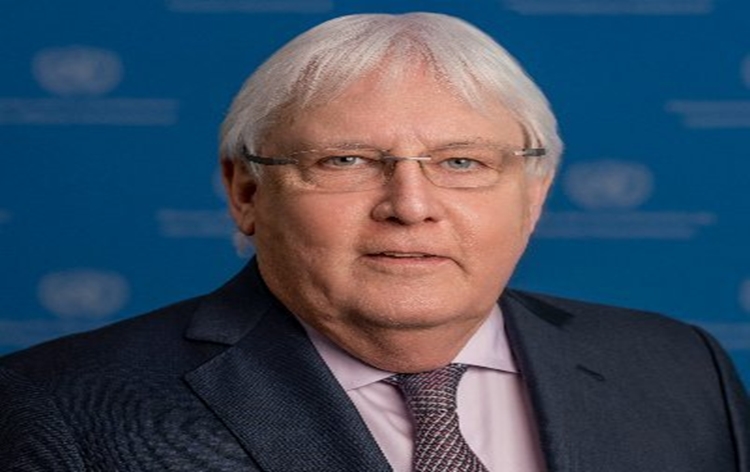
UN Under-Secretary-General for Humanitarian Affairs and Emergency Relief Coordinator, Martin Griffiths called out the Taliban for reopening girls' schools in a statement on Tuesday and said that the situation of Afghan women and girls is regressing.
Women and girls are facing alarming rollback on their rights, said Martin Griffiths in a statement.
Previously, Amnesty International has said that women and girls have been stripped of their rights and face a bleak future, according to local press.
The Taliban regime in Afghanistan has drawn heavy criticism across the world for a decree banning girls from school above grade sixth. It has been over 300 days since girls' schools have been closed, Kabul's officials have said that it depends upon the order of the leader of the Taliban.
A decision taken by the Taliban prevented girls from returning to secondary school which meant that a generation of girls will not complete their full 12 years of basic education. At
the same time, access to justice for victims of gender-based violence has been limited by the dissolution of dedicated reporting pathways, justice mechanisms and shelters.
the same time, access to justice for victims of gender-based violence has been limited by the dissolution of dedicated reporting pathways, justice mechanisms and shelters.
Earlier, UN Rights Chief, Michele Bachelet also expressed concern over alleged Human Rights Violations and abuses against civilians in the northern provinces, including arbitrary arrests, extrajudicial killings, and torture, calling on all parties to the conflict to "observe restraint and to fully respect international human rights law".
Not only this, the lack of female healthcare workers has prevented the women from accessing basic medical facilities, and the international donors, who fund 90 per cent of health clinics, are hesitant to send money because of their fear of the funds being misused.
Around 80 per cent of women working in the media have lost their jobs, and almost 18 million women in the country are struggling for health, education and social rights.
No Comments For This Post, Be first to write a Comment.
Most viewed from International
Most viewed from World
AIMIM News
Latest Urdu News
Most Viewed
May 26, 2020
Do you think Canada-India relations will improve under New PM Mark Carney?
Latest Videos View All
Like Us
Home
About Us
Advertise With Us
All Polls
Epaper Archives
Privacy Policy
Contact Us
Download Etemaad App
© 2025 Etemaad Daily News, All Rights Reserved.

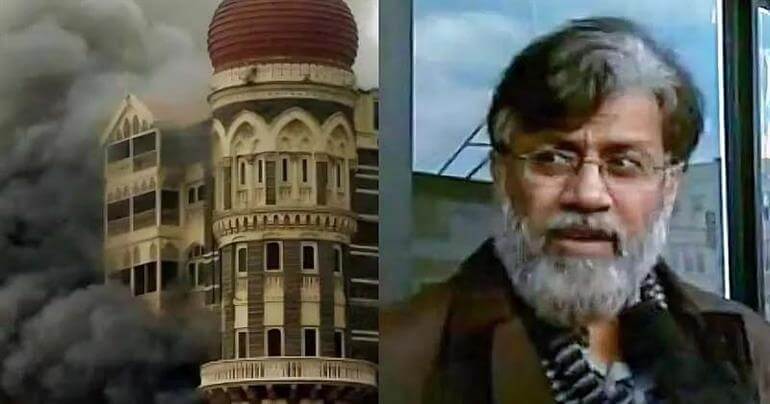
.jpg)
.jpg)
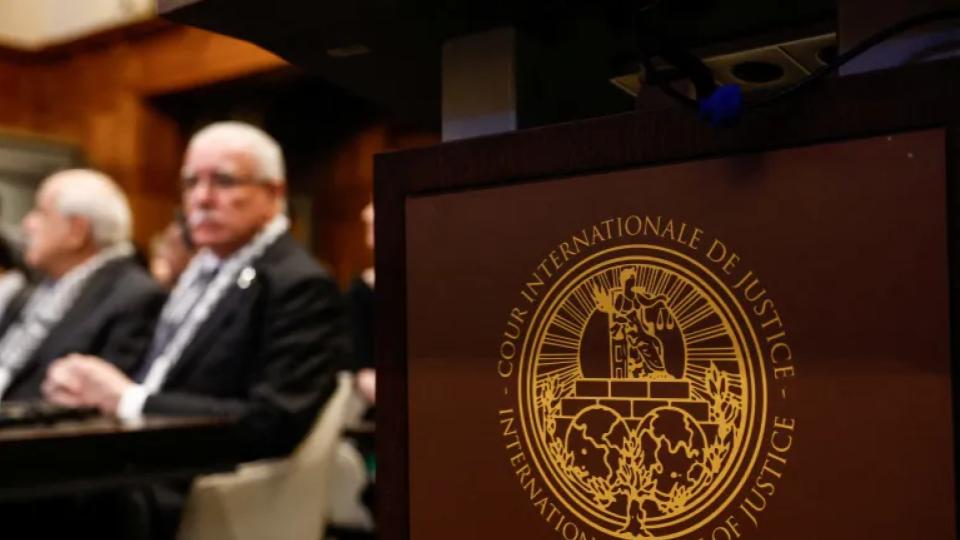

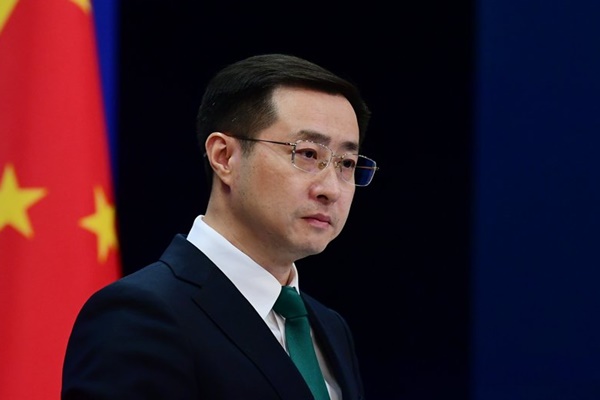
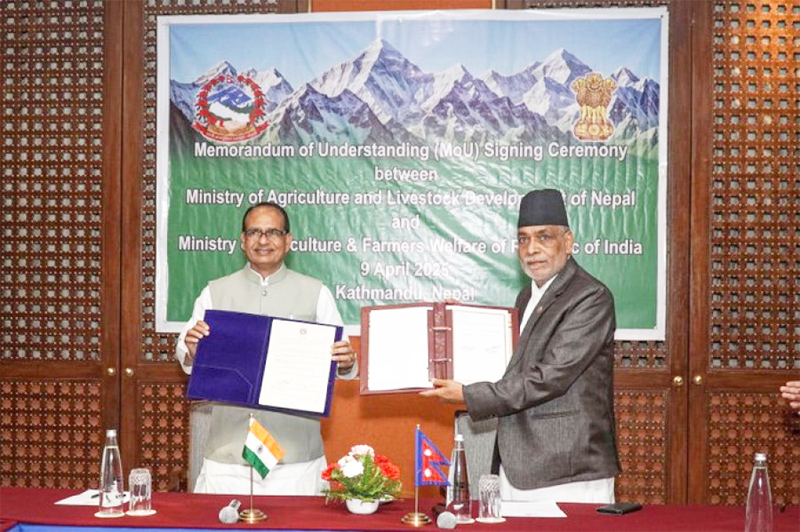
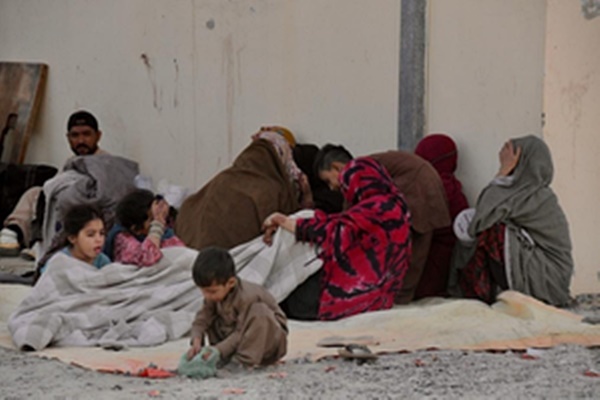
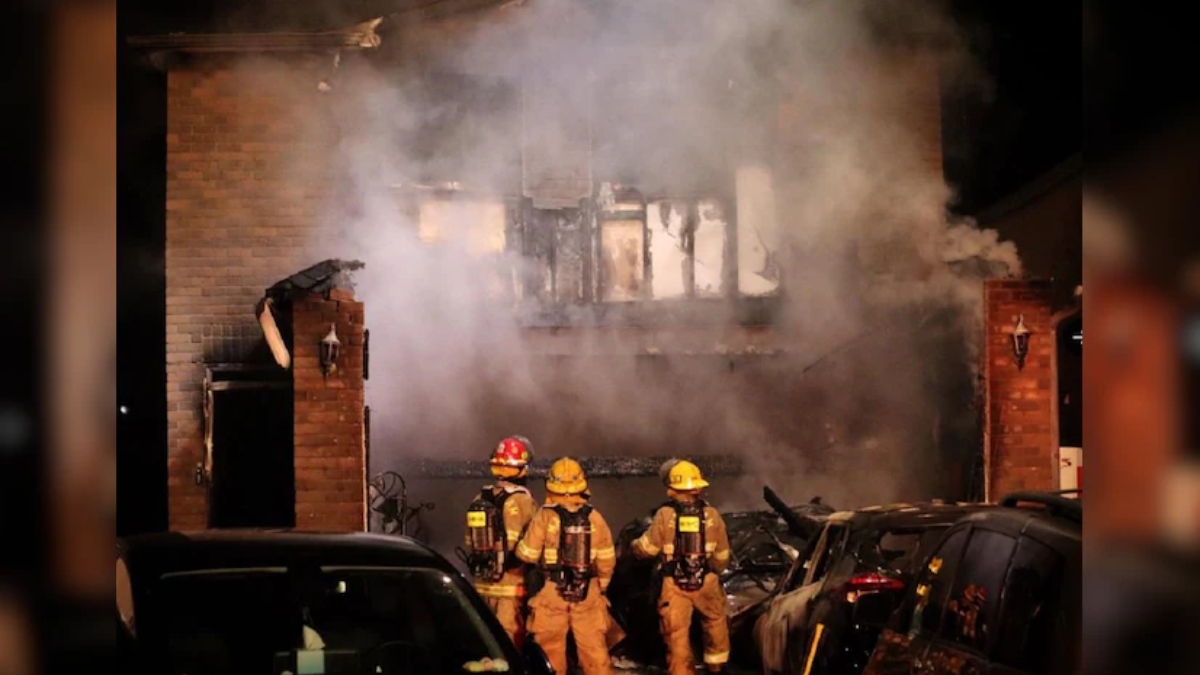

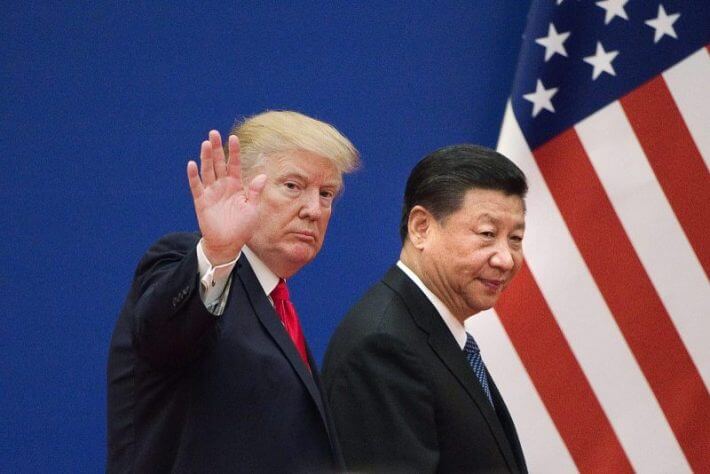
.jpg)
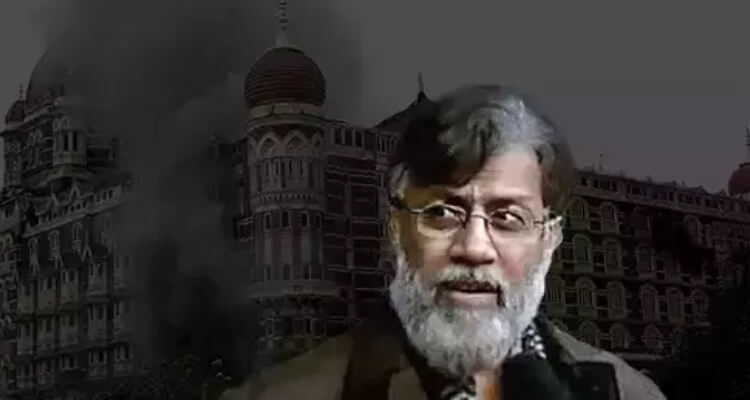



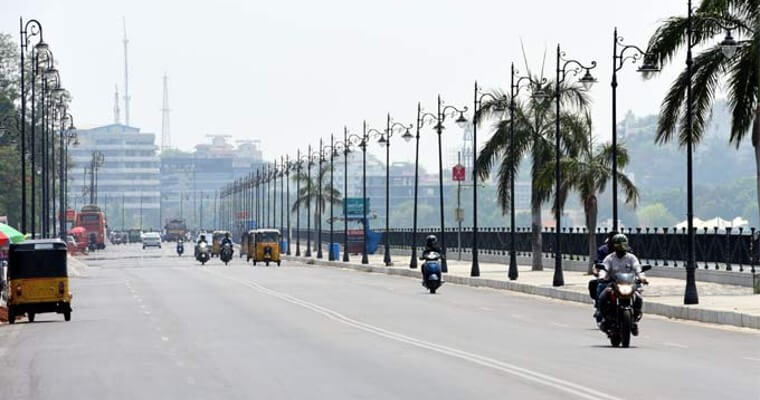
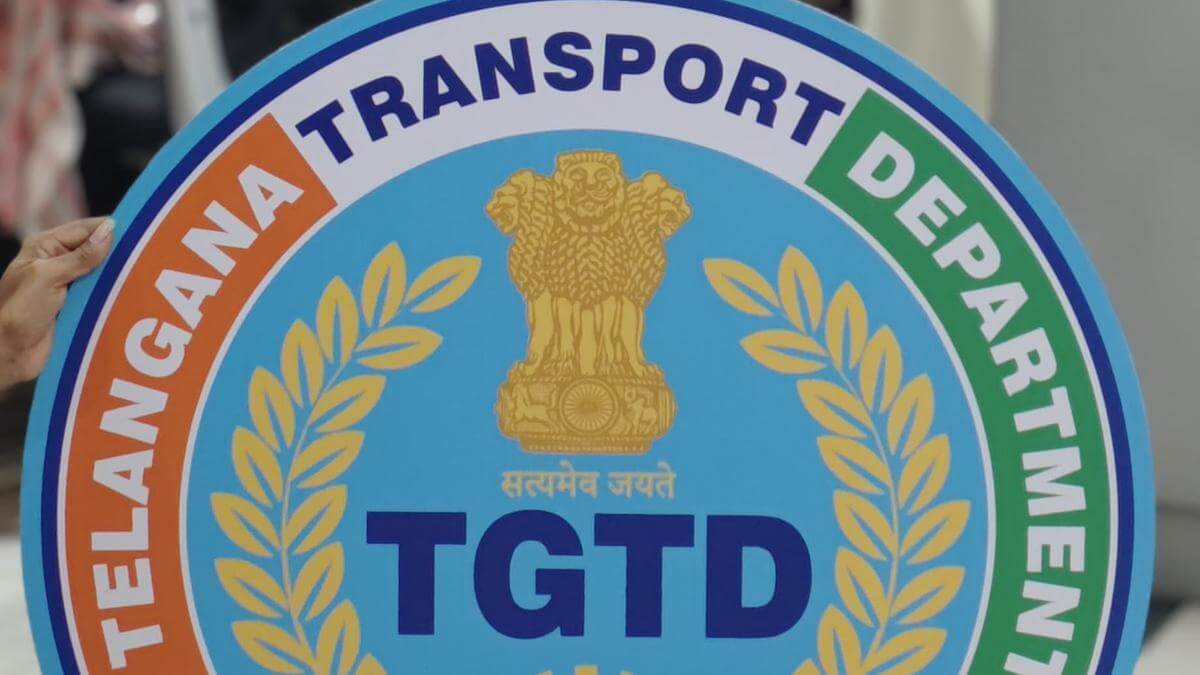
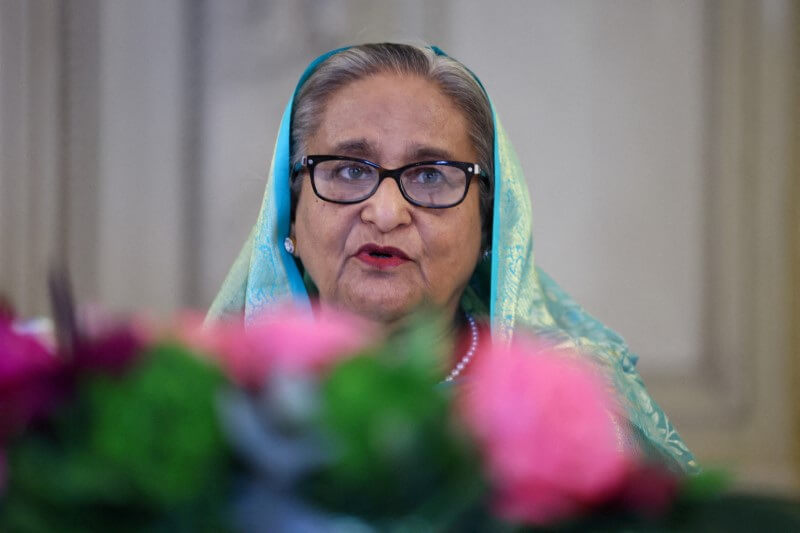
.jpg)
.jpg)
.jpg)
.jpg)
.jpg)

















